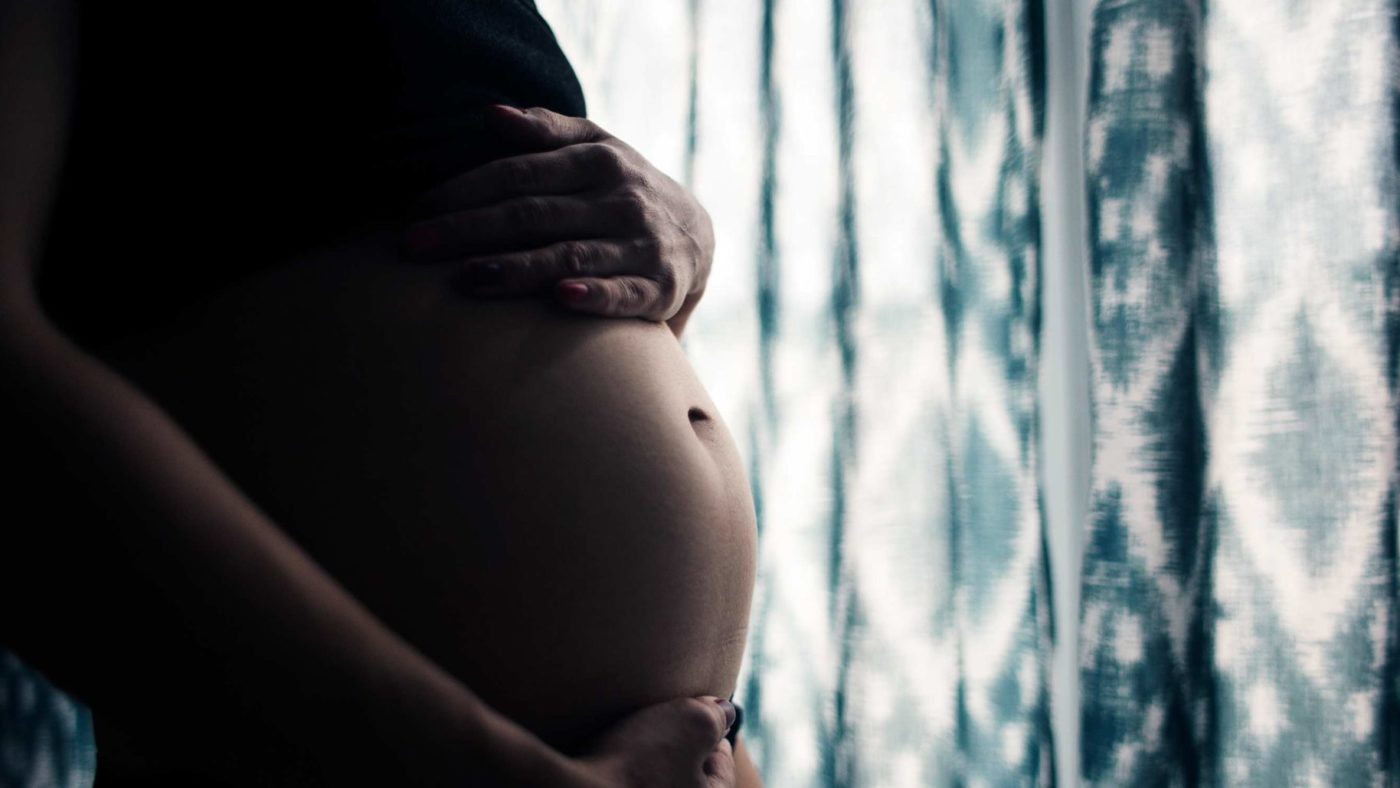When the US Center for Disease Control released a new alcohol advisory for pregnant women back in 2016, it was greeted with predictable outcry. It contained the preposterous recommendation that “women of a childbearing age” not using birth control refrain from drinking in order to avoid an accidental, alcohol-exposed pregnancy.
They say when America sneezes, Britain catches a cold, so perhaps we should have been expecting yesterday’s news that our own National Institute for Health and Care Excellence (Nice) now wants to start recording expectant mothers’ alcohol consumption, regardless of whether they consent. Just to add to the ludicrousness, this would include women who have a drink before knowing that they are pregnant.
For those who celebrated the imminent demise of Public Health England, another attempt from the nanny statists to curtail our civil liberties and dampen our joie de vivre will have prompted a resigned sigh. The game of useless quango whack-a-mole is never-ending and the killjoys seem to always convince someone (not least themselves) that nanny knows best.
When it comes to Nice’s proposals, the first alarm bell rings for data privacy laws. Surely these measures are unenforceable and incompatible with GDPR, some sensible lawyers ask?
The trouble is that processing health data is allowed if “necessary” for the exercise of a health authority’s’ statutory functions and for healthcare purposes. The nannies can therefore always frame their case on spurious public health grounds: they’ll claim that the risk of harm justifies the invasion of privacy. In this case proponents argue that the risk of foetal alcohol spectrum disorder (FASD) – a constellation of physical and mental conditions caused by drinking in pregnancy – means the mother’s right to privacy should be secondary.
Women will doubtless be outraged at this attempted infringement on their liberties, though there is an obvious way they can stick it to the midwife: withholding information. If details could be used as a weapon down the line, why disclose them? If healthcare professionals in the field of obstetrics might suggest that a mother’s decision to drink small amounts during pregnancy are to blame for any misfortune that befalls their child, why fess up?
Just as worrying is that this move could only be the tip of the iceberg. If midwives have to record alcohol consumption, why not mandate that they record sleep? Nudge expectant mothers onto the scales for a humiliating weigh-in? And if the risk is to women who might not even know they are pregnant, why stop at those who are expecting? Why not go full-CDC and extend the rules to all “child-carriers” – any woman within that 30-40 year window when she might, just might, conceive? Hell, why not hand them a red cloak and march them off to Gilead?
One assumes the point of this proposal is to safeguard the wellbeing of mother and child. But are the unintended consequences – the impact this immense pressure places on expectant mothers, the heightened anxiety, guilt and stress before the baby is even delivered – borne in mind?
It’s not like there aren’t enough demands on new mothers as it is. The pressure to breastfeed – from midwives, health visitors, society at large – already creates a culture of judgment for those who cannot. My twins were six weeks old when I threw in the towel: the wellbeing of my older child (and my sanity) depended on it.
Then there’s the absurd way that some fathers treat childbirth like a proxy competitive sport (think of the furore when Harry Kane tweeted, “So proud of @KateGoodlandx for having the most amazing water birth with no pain relief at all”) , which makes those who need an epidural feel like a failure.
And there isn’t even a particularly strong scientific case for this heavy-handedness. While studies have identified a link between excessive drinking and FASD, there is limited evidence to suggest that moderate alcohol consumption harms a foetus. Rather than acknowledging the obvious dangers of heavier drinking and working to address the circumstances that lead to it, Nice’s proposals will simply intensify the debate over whether pregnant women should be shamed for having a half a glass of wine on their anniversary – or any old night.
This is another case of personal choices being needlessly turned into political issues. Pregnant women are not property, and society’s default shouldn’t be that individuals cannot make the “right” lifestyle choices even if presented with the risks. Ultimately, some women will read the evidence and choose to have an occasional drink. Some will decide it is not for them. Mums-to-be have enough on their plate carrying another human around without censorious nanny statists coercing them into relinquishing their agency and rights.
Click here to subscribe to our daily briefing – the best pieces from CapX and across the web.
CapX depends on the generosity of its readers. If you value what we do, please consider making a donation.


